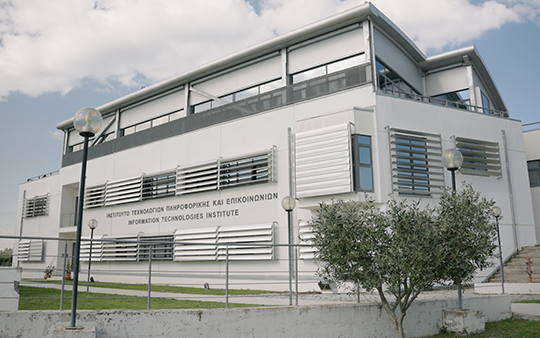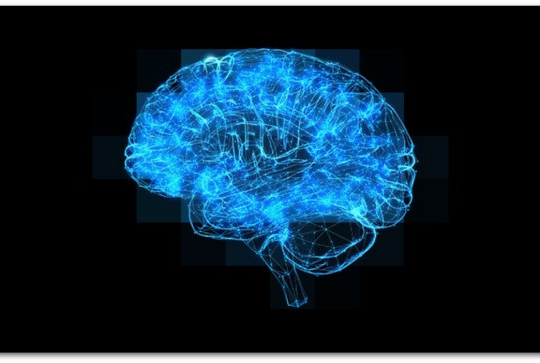
A new algorithm by Finnish scientists that uses heart rate variability can save lives by predicting sudden cardiac death using just a sensor on a smartwatch.
Every year, millions die from sudden cardiac death (SCD), a condition that often presents with symptoms that are difficult to detect. A new method developed by researchers from the University of Tampere in Finland aims to detect these signs early, potentially saving many lives.

Their new algorithm uses a metric known as detrended fluctuation analysis (DFA2 a1) to monitor heart rate variability, identifying changes that could signal imminent heart failure.
Unlike a heart attack, which is the result of restricted blood flow, SCD occurs as a result of sudden electrical impulses that overwhelm the heart. It mainly affects the elderly and often manifests itself without previous symptoms.
Discovery of a strong and independent predictor
Finnish scientists analyzed data from 2,794 adults for an average of 8.3 years and found that DFA2 a1 is a “strong and independent predictor” of SCD, especially when the body is at rest. The most interesting finding of the study is the identification of differences especially in resting measurements. The heart rate interval characteristics of high-risk patients at rest resemble those of a healthy heart during exercise, notes Teemu Pukkila, a physicist at the University of Tampere.
Using statistical methods, the team linked DFA a1 patterns to incident SCD, taking into account variables such as age and pre-existing heart disease. Amazingly, this metric can be read in just one minute using simple sensors, potentially even those in a smartwatch, eliminating the need for clinic visits or complex scans.
Accelerometers in consumer wearable devices can easily distinguish between states of physical activity and rest and take measurements when applicable, Finnish scientists explain in a study published in the journal JACC: Clinical Electrophysiology.
Improved accuracy
The new algorithm offers significantly improved accuracy over current methods, which typically measure cardiorespiratory fitness during exercise. The scientists’ current plan is to test the algorithm on larger, more diverse populations and investigate its relevance to other heart diseases.
Their innovative prediction tool could ultimately save many lives by providing early warnings to those at risk of SCD.
It is possible that in many previously asymptomatic persons who suffered sudden cardiac death or were resuscitated after a sudden cardiac arrest, the event would have been predictable and could have been prevented if the appearance of risk factors had been detected in time, points out Jussi Hernesniemi, a cardiologist from the University of Tampere.
Source: Science Alert







